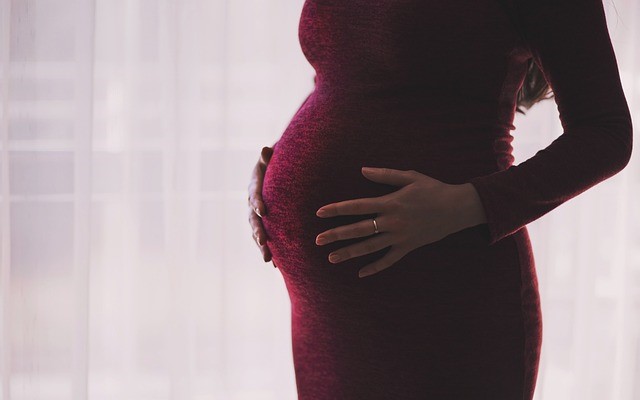Products You May Like
For years, researchers have been on a quest to unravel the mysteries surrounding autism, and recent findings might finally offer some insights into its origins. A groundbreaking study from Cold Spring Harbor Laboratory (CSHL) in New York proposes that viral infections contracted during pregnancy could play a pivotal role in the development of autism.
The research suggests that common viral illnesses, such as colds or influenza, can lead to changes in fetal brain development due to what scientists term Maternal Immune Activation (MIA). When a pregnant woman contracts a virus, her immune system responds by ramping up the production of cytokines and chemokines—proteins that assist in combating infection. Unfortunately, these immune mediators can cross the placenta, influencing the developing fetus’s brain.
Interestingly, while the study found that female embryos seemed to have some degree of protection, about one-third of male embryos experienced setbacks in brain development. This aligns with existing statistics that show autism is significantly more prevalent in boys, with around one in 36 diagnosed compared to one in 100 girls in the U.S.
Irene Sanchez Martin, the postdoctoral researcher behind this study, highlighted a crucial aspect of her research. Unlike previous studies that focused on the long-term behaviors of children diagnosed with autism, her investigation zeroed in on the fetal response just 24 hours after exposure to maternal inflammation. “The uniqueness of my work lies in this immediate analysis, which shows how quickly fetal brain development can be impacted,” Martin explained.
However, the study also leaves out other potential factors contributing to maternal immune responses. While germs and infections are critical to consider, there are parameters like maternal obesity and immune responses to vaccinations that were not explored. Notably, vaccines, especially flu shots, can help protect infants by transferring beneficial antibodies from mother to fetus without the risk of harmful inflammation.
Santhosh Girirajan, an associate professor at Pennsylvania State University, reiterated a key point that numerous studies affirm: vaccinations do not cause autism. Instead, the research indicates that prenatal inflammation might disrupt crucial neural network formations in the developing brain, potentially paving the way for behavioral issues linked to autism spectrum disorder.
The findings from CSHL are particularly significant in light of the rising rates of autism diagnoses, which have surged from one in 150 children in 2000 to one in 36 by 2020. Given the lengthy and complex nature of autism diagnoses—often taking years—this research could help in identifying potential signs earlier, possibly even before birth.
While further research is necessary to firmly establish the connection between maternal viral infections and autism, this study shines a promising light on environmental contributions to the disorder. As the understanding of these factors evolves, it may lead to vital implications for public health and enhance prenatal care strategies for expecting mothers, ultimately aiming for healthier outcomes for future generations.
